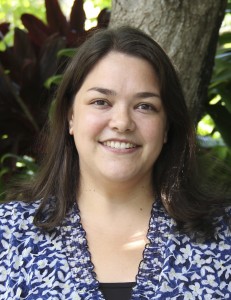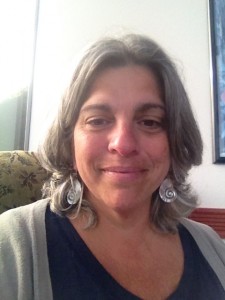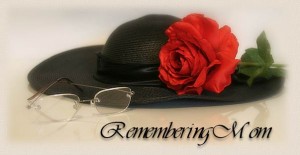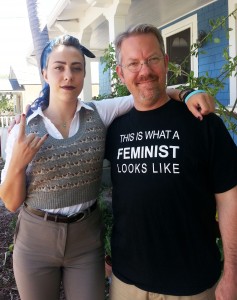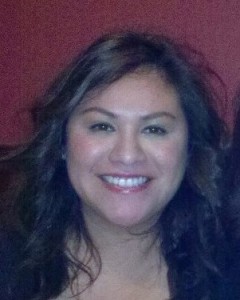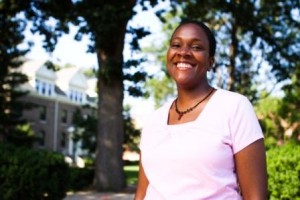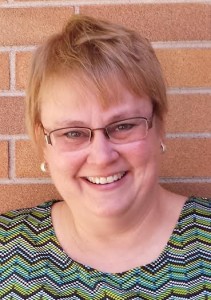 Karen Hinz is solo pastor of Mission Covenant Church in Ishpeming, Michigan. She loves to travel when time and money allow. Raising teenagers is her current joy and challenge!
Karen Hinz is solo pastor of Mission Covenant Church in Ishpeming, Michigan. She loves to travel when time and money allow. Raising teenagers is her current joy and challenge!
I know this column is a place for serious discussion of issues facing women in ministry. And I’m usually pretty serious, but sometimes, we’ve just got to laugh. So today, don’t take life too seriously. Allow yourself a chuckle. It’s good for the body and the soul.
When I was a child, the church kitchen was run by Mrs. Bance, who had white hair, and Mrs. Bice, who had slightly blue white hair. Noisy kids were not welcome. Many years later, when I started as a solo pastor, I wondered what my relationship to the church kitchen ought to be. This was not covered in seminary. Was I welcome in the kitchen? Banned? Expected to share the load the same as the other women in the church? When “fellowship hosting sheets” came around, was I supposed to sign up?
The church kitchen is usually the domain of a few specific women, but also a place of expectations for all church women. In many churches today, males of any sort – and particularly male pastors – are not still not allowed near these stainless steel temples. Or at least not expected to take their turns. In fact, in these places, kitchen ladies will come to church any time of day to make coffee for the pastor, or for any gathering the pastor may be hosting. So I found myself puzzled as to what to do. For two years, I purposely did not learn how to operate the church coffeepots, because it seemed like trying to take over the kitchen ladies’ turf. But this also raised the familiar question: does a clergy woman need to act like a man to be respected as pastor? It’s a Catch-22. The last couple of years, I have been making coffee when needed. And no one seems to mind. Continue Reading »

